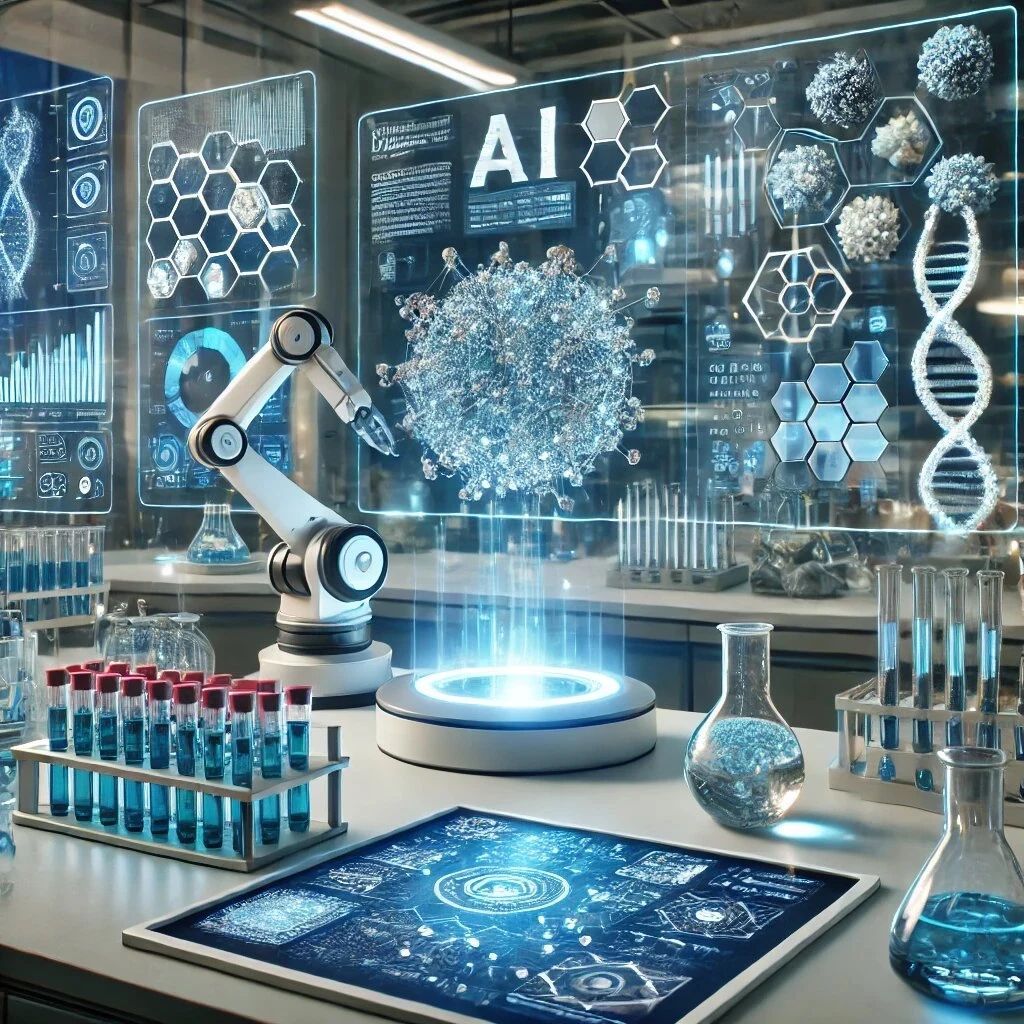FutureHouse Debuts AI Scientist Platform to Accelerate Scientific Discovery

AI Nonprofit Launches First 'AI Scientist' Tools for Research Automation
FutureHouse, the Eric Schmidt-backed nonprofit, has unveiled its AI Scientist platform in a move that could slash research timelines by 30% across multiple scientific disciplines. The launch comes exactly two years after the organization's founding, achieving its first major milestone toward creating fully autonomous AI researchers by 2035 TechCrunch.
The AI Scientist Toolkit
Four specialized agents form the core offering:
- Crow: Real-time literature analysis across 87 million papers
- Falcon: Cross-database hypothesis generator with 92% accuracy in predicting promising research directions
- Owl: Experimental design optimizer shown to reduce lab waste by 40%
- Phoenix: Chemistry workflow assistant that automated 73% of routine tasks in trials
Unlike Google's recent AI Co-Scientist which focuses on hypothesis generation, FutureHouse's tools handle full experimental lifecycle management. Early adopters at Stanford's Materials Science Lab reported completing phase transitions research 6x faster using Phoenix for nanomaterial simulations FutureHouse.
Industry Impact and Challenges
The release coincides with mounting pressure to address science's reproducibility crisis - 65% of researchers report inability to replicate peer studies. FutureHouse claims its tools automatically flag methodology issues with 89% precision. However, some ethicists warn about over-reliance, citing risks of 'AI groupthink' in research directions.
'This isn't about replacing scientists,' countered CEO Sam Rodriques. 'Our benchmarks show teams using AI Scientist agents produce 300% more novel insights per dollar funded.' The platform launches with $150 million in philanthropic backing, including Schmidt Futures and the Gates Foundation.
Social Pulse: How X and Reddit View FutureHouse's AI Scientist
Dominant Opinions
- Optimistic Acceleration (58%):
- @SGRodriques: 'Today we launch the first AI agents that outperform humans on structured research tasks. This is just phase 1 of our 10-year moonshot'
- r/MachineLearning post: 'Finally proper tooling for reproducible science - tried the preview and Owl caught 3 flawed assumptions in our cancer trial design'
- Reliability Concerns (29%):
- @OpenScienceNow: 'Black box AI controlling research flow? Where's the explainability layer for peer review?'
- r/science thread: 'Tried Falcon on dark matter hypotheses - 40% of suggestions were physically impossible based on current cosmology'
- Open Science Advocacy (13%):
- @Wikimedia: 'Will FutureHouse open-source these tools? Knowledge infrastructure shouldn't be controlled by private entities'
Overall Sentiment
While most applaud the potential to democratize research capabilities, significant debate persists about auditability and access in AI-driven science.